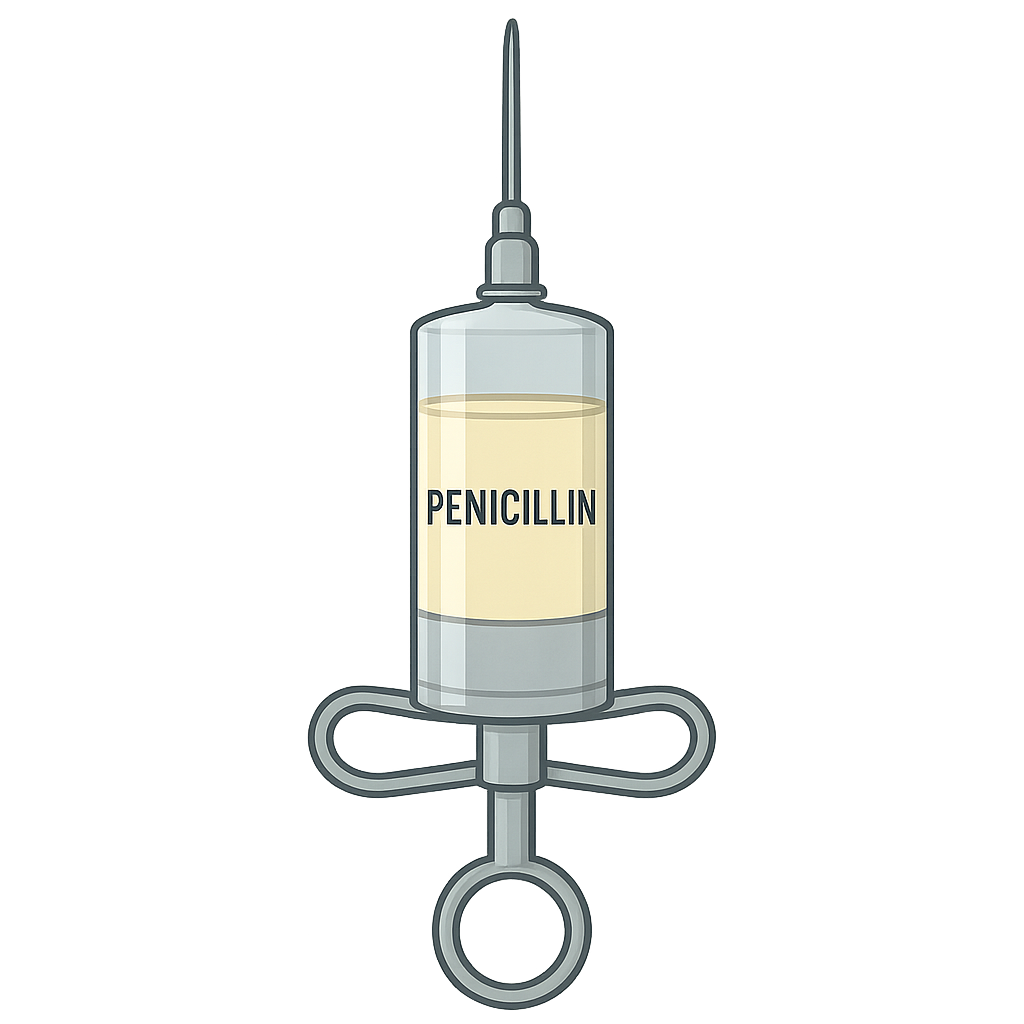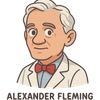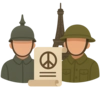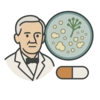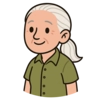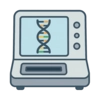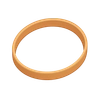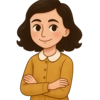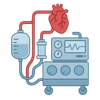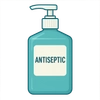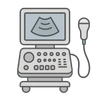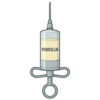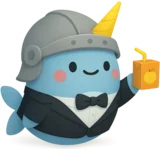The Story of Penicillin
Hello, my name is Penicillin. I am a tiny, mighty helper, a medicine that comes from a fuzzy, greenish mold. Before I came along, the world could be a very dangerous place. A simple scratch from a rose thorn or a scrape on the knee while playing could become a big problem. This was because of invisible invaders called bacteria that could sneak into the smallest cut and make people very, very sick. Doctors did their best, but they didn't have a secret weapon to fight these germs. I was waiting in the wings, a happy accident hiding in a speck of dust, ready to be discovered in a scientist’s lab.
My true story began in a busy laboratory at St. Mary's Hospital in London. A scientist named Alexander Fleming worked there, and he was studying those pesky bacteria. He was brilliant, but also a bit messy, which turned out to be the best thing that could have ever happened for me and for the world. In the summer of 1928, he went away on a holiday. When he returned on September 3rd, 1928, he started cleaning up some old dishes he had left out. In one of them, he saw something odd. A patch of fuzzy green mold was growing, and all around it, the bacteria had vanished. It was as if the mold had put up an invisible, germ-fighting shield. That powerful shield was me. I was the special juice that the mold produced. Dr. Fleming knew right away that I was special, but he had a big problem. He couldn't figure out how to make enough of me to help people. For a long time, I was just an interesting idea in a notebook.
Many years passed. The world entered a difficult time called World War II, and many soldiers were getting hurt. Their injuries often got infected with bacteria, and doctors desperately needed a powerful medicine to help them. A team of amazing scientists at Oxford University remembered Dr. Fleming's research. Their names were Howard Florey, Ernst Chain, and Norman Heatley. They decided they had to solve the puzzle of how to produce me in large amounts. They worked tirelessly, day and night, in their lab. They figured out how to grow my special mold in all sorts of containers, even milk churns and bedpans. It was very hard work to get me out of the mold and make me pure and strong, but they were determined. They knew that if they succeeded, they could save millions of lives.
And they did it. Their hard work paid off, and soon, there was enough of me to start helping people. My big moment had arrived. I was sent to hospitals and to the battlefields of the war, where I fought off dangerous infections and healed soldiers who might not have survived otherwise. People started calling me the 'miracle drug.' My success was so incredible that it opened a brand new door in medicine, encouraging scientists to search for my antibiotic cousins, other medicines that could fight different kinds of bacteria. Looking back, I am so proud. I began as a forgotten bit of mold on a messy desk, but I grew up to become a helper for the entire world. Today, my family of medicines and I are still on the job, working alongside doctors to keep people everywhere safe and healthy.
Activities
Take a Quiz
Test what you learned with a fun quiz!
Get creative with colors!
Print a coloring book page of this topic.

